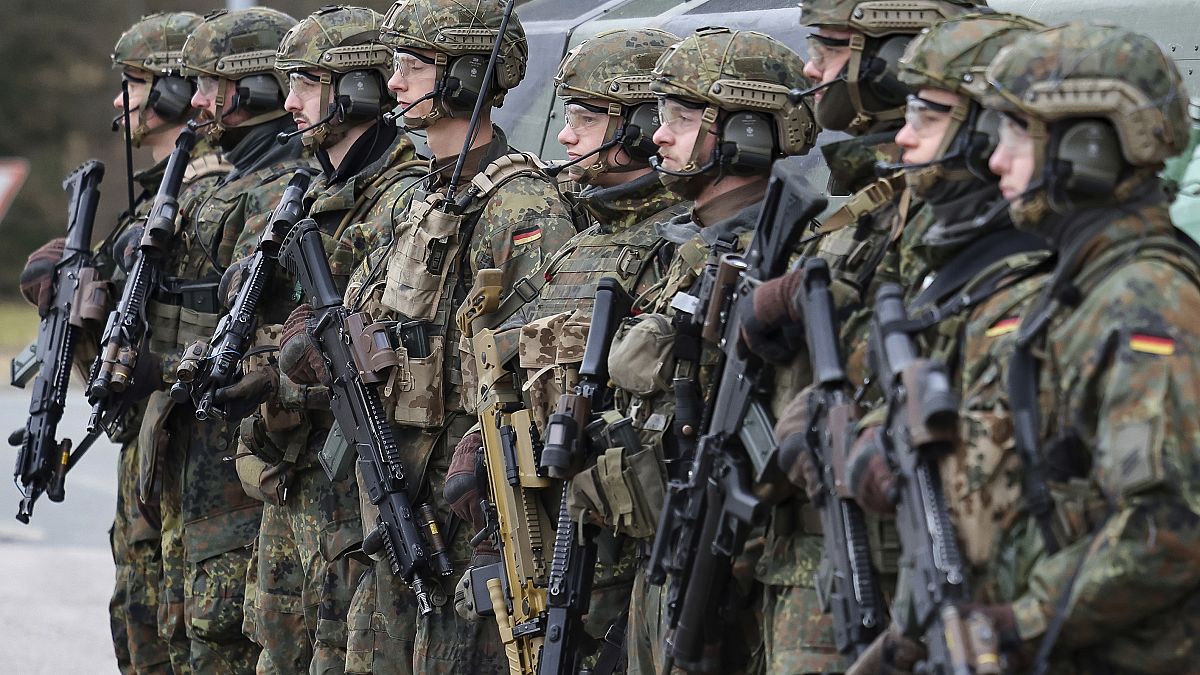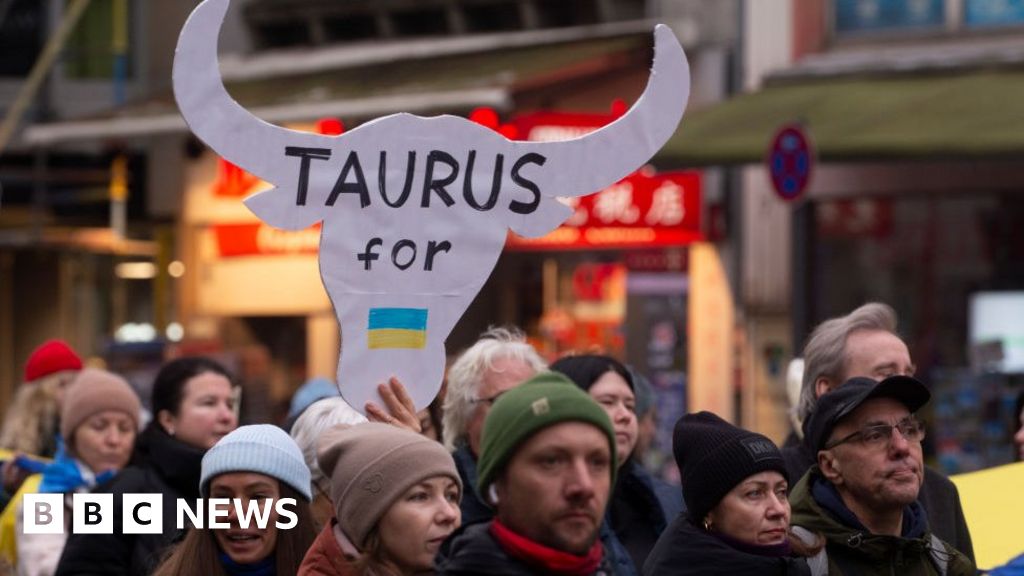
Germany to deploy permanent troops in Lithuania in 2027
The base in Lithuania is expected to cost around €30 million per month.
Follow along with the video below to see how to install our site as a web app on your home screen.
Note: This feature may not be available in some browsers.

Definitely part of the German psyche.With the Germans, I sometimes wonder if there isn’t a deep-seated feeling of regret and remorse for the role their country played in WW II and a desire to get on the “right side” of one these conflicts. A sort of atonement, if you will.

More a desire to never be in one again.With the Germans, I sometimes wonder if there isn’t a deep-seated feeling of regret and remorse for the role their country played in WW II and a desire to get on the “right side” of one these conflicts. A sort of atonement, if you will.

